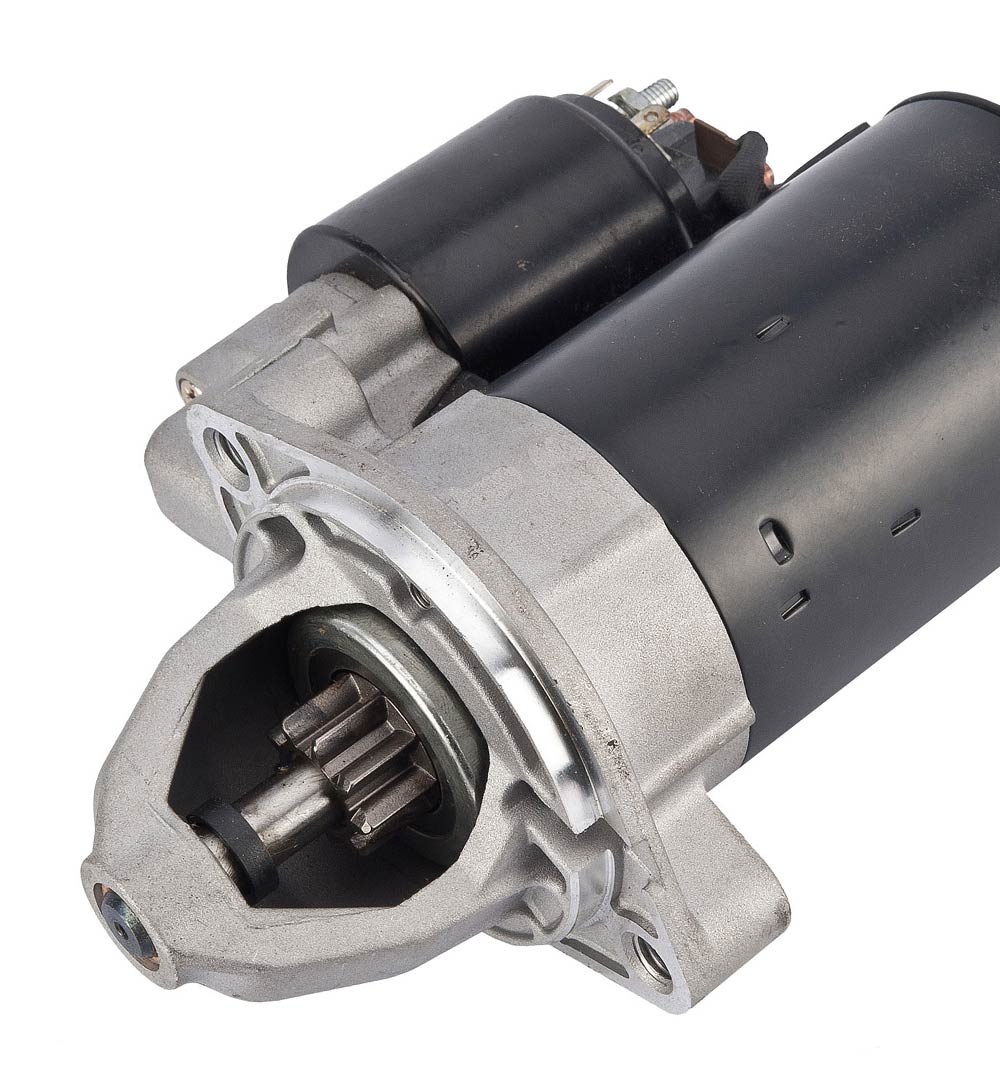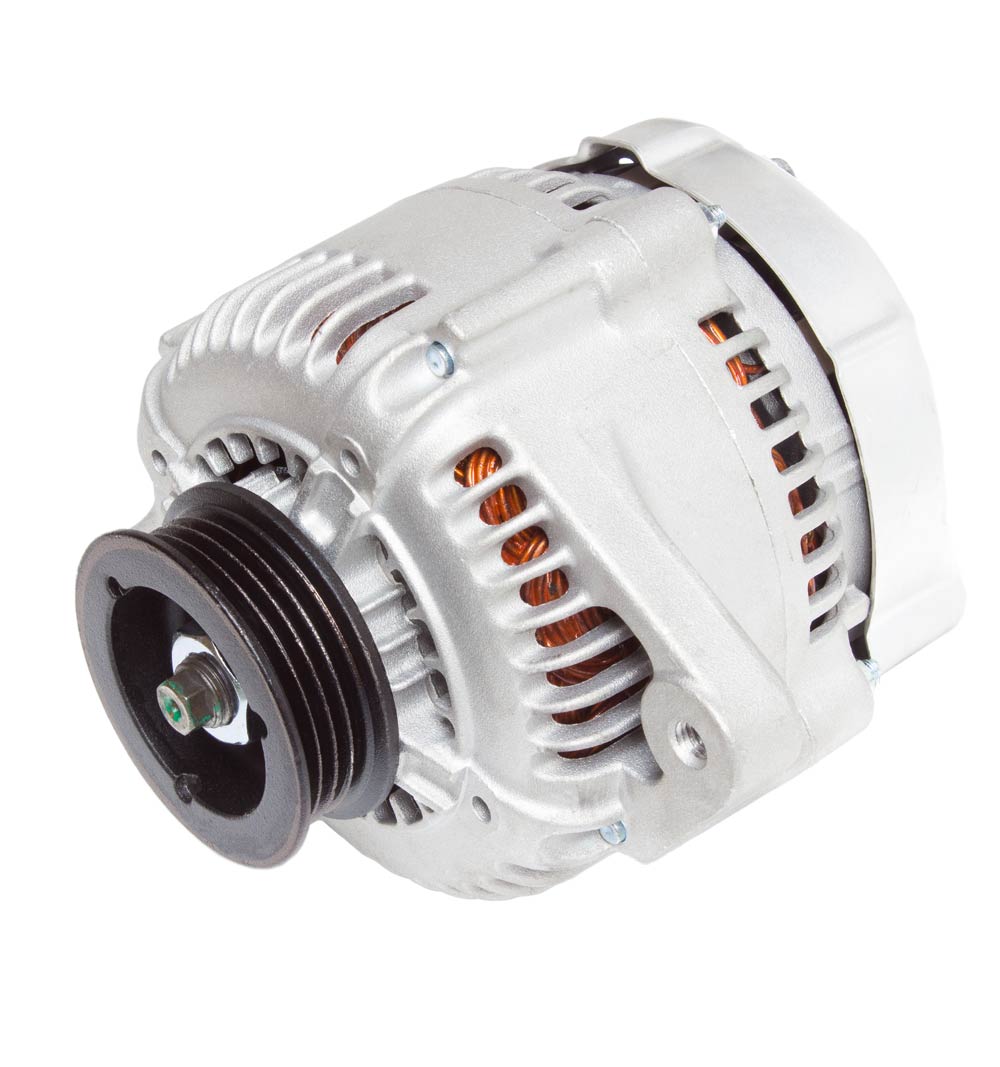

Once at steady idle the volume of exhaust smoke should be consistant and not excessive. If there's plumes of smoke being emitted from the tailpipe something is out of balance.
Normal exhaust smoke should be thin pale whiteish once the engine is up to temperature, you would expect a stronger white vapour initially from a cold engine on initial startup.
If there is coloured smoke after the engine has reached normal temperature, something is out of tolerance. Common colours indicating a fault are Black or Blue and less commonly Grey. Plumes of White may also indicate a problem.
Blue smoke involves Oil
Black Smoke involves Fuel
White Smoke involves Coolant
Grey Smoke indicates Turbo or Transmission

Blue smoke usually indicates burning oil in the emissions.
This would suggest oil is being burnt in the combustion chamber, possibly due to leaky valve seals or worn piston rings.

Black smoke usually indicates fuel in the emissions.
This would suggest that the engine is running rich with too much fuel, possibly due to leaky injectors or a fuel pressure regulator issue.

White smoke usually indicates coolant in the emissions.
This would suggest that there is coolant burning in the combustion chamber, possibly due to failing head gasket or in worst cases a crack in the cylinder head or engine block.

Grey smoke can be a milder variant of the black smoke.
It can be a warning of a failing turbocharger if it occurs mainly under boost. It can also be caused by a faulty transmission vacuum modulator although this is rare.

If you think your exhaust smoke is abnormal or has changed from usual, don't ignore it. Dragon Automotive can confirm if there's a problem.
Most issues that cause the exhaust smoking can become a serious fault and lead to a breakdown. Get it check out in the early stages to avoid a major failure and more expense to repair.